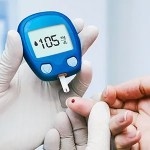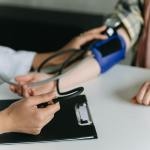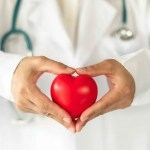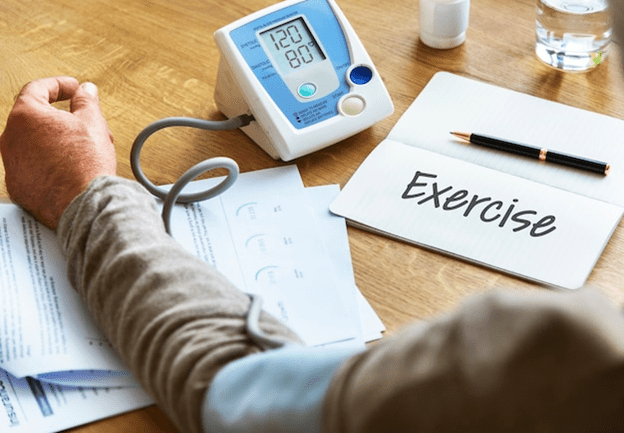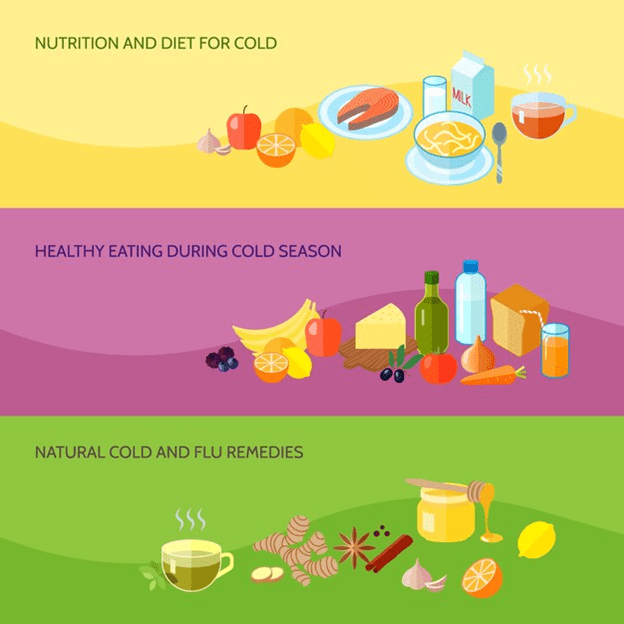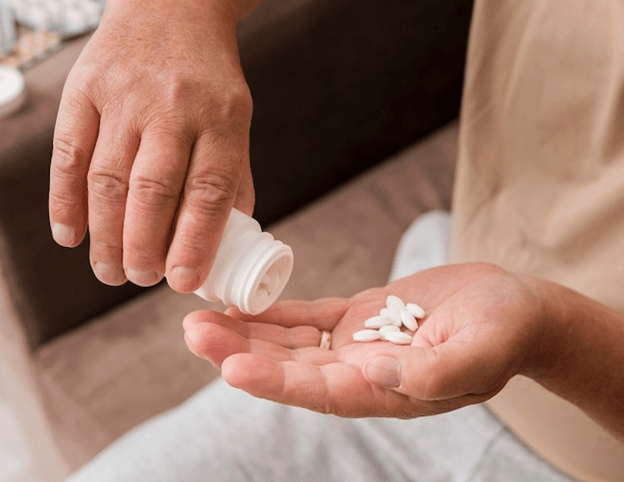Have you ever wondered why your heart starts to run a marathon when you do some exercise?
Yes, it’s a common process that doesn’t need to be tensed.So today let’s look into the topic and give you more insight.
First of all do you know the function of this Muscular pump , Heart- Yes to pump blood throughout the body.It functions tirelessly, pumping blood throughout the body, delivering oxygen and nutrients to tissues, and removing carbon dioxide and other wastes. The significance of a healthy heart extends beyond its physical role; it is also a universal symbol of love, compassion, and vitality.So it’s our duty to keep our warriors healthy.
Now look into the question and find out the reason
Why Does Heart Rate Increase During Exercise?
Exercise is a physical activity that is essential for maintaining good health and fitness. One of the most noticeable effects of exercise is an increase in heart rate. But why does this happen? Let’s delve into the physiological mechanisms behind this phenomenon.
- The Role of the Heart
The heart is a muscular organ that pumps blood throughout the body, delivering oxygen and nutrients to tissues and removing waste products. During exercise, your muscles work harder, which increases the demand for oxygen and nutrients. To meet this demand, the heart rate increases to pump more blood to the active muscles.
- Sympathetic Nervous System Activation
When you start exercising, your body activates the sympathetic nervous system, which is responsible for the ‘fight or flight’ response. This activation leads to the release of adrenaline, a hormone that increases heart rate, among other effects. Adrenaline causes the heart to beat faster and with more force, thus increasing the amount of blood pumped with each heartbeat.
- Cardiac Output and Stroke Volume
Cardiac output is the volume of blood the heart pumps per minute, and it is determined by heart rate and stroke volume (the amount of blood pumped with each beat). During exercise, both heart rate and stroke volume increase, which significantly raises cardiac output to supply the muscles with more blood.
- Metabolic Demand
As exercise intensity increases, so does metabolic demand. The muscles require more energy, which is produced through metabolic processes that use oxygen. The increased heart rate ensures that more oxygen-rich blood reaches the muscles to support these metabolic processes.
- Vasodilation and Blood Flow
Exercise also causes vasodilation, the widening of blood vessels, which decreases vascular resistance. This allows for greater blood flow to the muscles without a significant increase in blood pressure. The heart rate increases to maintain adequate blood pressure and flow despite the vasodilation.
- Temperature Regulation
Exercise generates heat, which the body must dissipate to maintain a stable internal temperature. An increased heart rate helps to transport heat to the skin, where it can be released into the environment.
- Recovery and Adaptation
After exercise, the heart rate gradually returns to normal as the parasympathetic nervous system, which promotes rest and digestion, becomes more active. With regular exercise, the heart becomes more efficient, and resting heart rate may decrease, indicating improved cardiovascular fitness.
Conclusion
The increase in heart rate during exercise is a complex response involving multiple systems in the body. It is a necessary adaptation to meet the increased demands placed on the body by physical activity. Understanding this response can help individuals monitor their exercise intensity and make informed decisions about their fitness routines. Regular exercise leads to a stronger, more efficient heart, contributing to overall health and well-being.
In summary, the heart rate increases during exercise due to the activation of the sympathetic nervous system, increased cardiac output, higher metabolic demand, vasodilation, and the need for temperature regulation. These changes are all part of the body’s remarkable ability to adapt to the challenges of physical activity.

